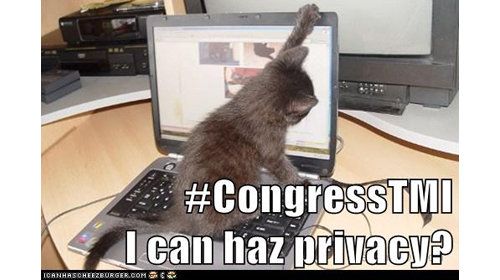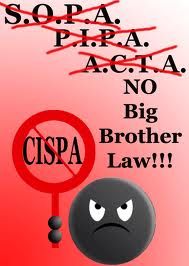Tune out, turn off, drop in.
I cut off my cable service about two years ago, and I don’t have access to non-pay broadcast television. At first, I had a little anxiety about disconnecting myself from the hive, but in all honesty, other than having to wait a day to stream the latest episode of “The Walking Dead,” it hasn’t made that much of a difference in my life.
One thing I did notice, was how much more peaceful video content became without exposure to advertisements. One thing about streaming TV shows, you realize how much shorter they are than when peppered with ads. Many hour-long TV shows are 1/3 advertisements. I still catch a few ads here and there on HULU and at the free streaming site, Crackle, though it’s usually the same few ads over and over and they are fewer and farther between and of much shorter duration. But what cutting back my exposure to broadcast advertising has done is made me even more acutely aware of all the other myriad sources of advertising to which my family and I are being exposed.
It’s been years since I’ve listened to the radio. I never could stand all the advertisements mixed with music so I use a web service (Spotify) to stream whatever I want without ads.
But turning off the TV and radio have not, unfortunately, made me immune to the bombardment of advertising and propaganda.
Since I’m one of those freaks of society who never learned how to drive, I take a bus, which are often covered with ads on the outside, and strips of ads over the windows on the inside. There are advertisements at the bus stations and transit centers and on the backseats of cabs, these days, the ads in cabs are broadcast on little screens. There are advertisements plastered in toilet stalls in bars and restaurants, and video screens in elevators with advertisements. As you travel along the roadways you cannot avoid the ads on billboards and the sides of buildings.
The print media, too, lately seems like almost nothing but advertisements. Have you picked up a fashion magazine lately? It’s hard to tell where the ads leave off and the content begin. Newspapers, news magazines, National Geographic, Popular Science, Harper’s, The New Yorker – all crammed full of ads to varying degree.
But probably the worst and most insidious advertising is on the internet. Because of the technology of cookies, browsing history, and other “smart” programs that track what sites you visit, what products you look at, what you “like” and even what you post in your Facebook status updates, are all used to expose users to ads targeted expressly to them. Even on dailykos.com, the advertisement at the top of the page is something I’ve looked at on, for example, Overstock.com.
When I log on to Facebook, there are ads related to things about which I’ve posted. Because of my status updates and profile, not to mention the cookies, Facebook knows I live in Seattle, that I’m a mom, that I’m a renter, that I think I’m overweight, and that I smoke. Since I looked at Rent.com recently, I see advertisements about apartments or for real estate seminars being held in Seattle. Because I’ve written about quitting smoking my page shows ads about teeth whitening products. And since I write about getting old and chubby, I see ads that will help melt belly fat. I belong to one or two groups devoted to Flamenco, so I see ads for the latest Gipsy Kings record, and dance performances coming up in Seattle. One time my status update contained “goat cheese” and I kid you not, soon after an ad for goat cheese and other gourmet products shows up in my stream. The ads used to only appear off to the side of one’s feed, but now they are also interspersed throughout users’ feeds as though they were friends’ posts.
Just like VNRs (video news releases, broadcast segments paid for by corporations or government to look like news segments during a news hour, these advertisements are designed to look like your friends’ posts so that you’ll pay attention rather than scroll past them.
The internet has overtaken the TV as the number one delivery method of advertising and propaganda and offers a much more fertile ground for ways to intimately track and specifically target certain users.
This bit has been posted to The Stars Hollow Gazette,,Voices on the Square, Docudharma and Daily Kos.


 The
The  The controversial data sharing bill,
The controversial data sharing bill,